A Rheumatologist is a physician, who has received further training in the diagnosis and treatment of musculoskeletal disease and systemic autoimmune conditions commonly referred to as rheumatic diseases. These diseases can affect the joints, muscles and bones causing pain, swelling, stiffness and deformity.

Speciality consultation in both out-patient & in-patient settings regarding various rheumatological diseases including rheumatoid arthritis, osteoarthitis, lupus, gout, chronic back or neck pains, ankylosing spondylitis, fibromyalgia, tennis elbow, frozen shoulder and others, using an evidence-based comprehensive updated approach. Detailed explanation of the disease process, including diagrams, if necessary.

General medical consultation regarding common illnesses including hypertension, diabetes, infections, asthma, viral illnesses, allergic conditions, thyroid disorders, electrolyte imbalances etc, in both out-patient & in-hospital settings, including critically ill conditions.
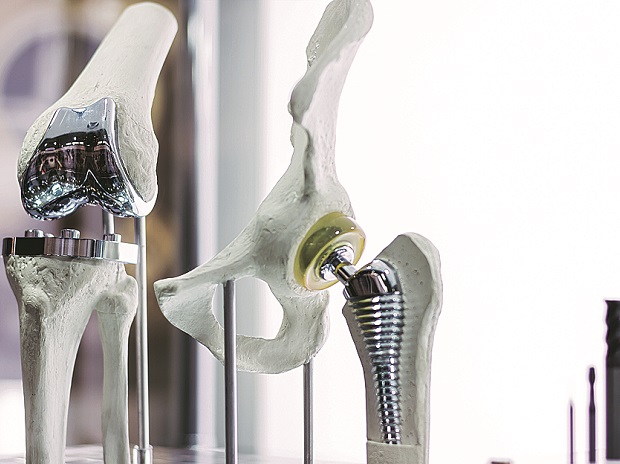
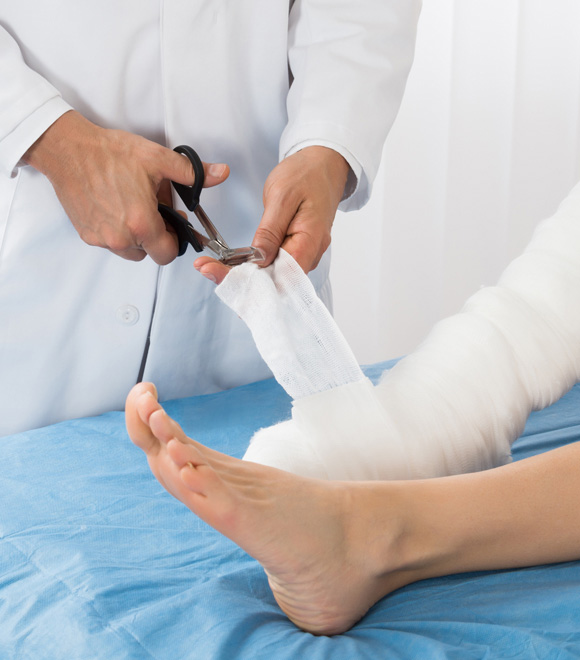
Viscosupplementation is a medical procedure during which a small amount of lubricating fluid, containing hyaluronic acid is directly injected into a joint. By adding hyaluronic acid to the existing joint fluid, the goal is to - facilitate better joint movement, reduce pain & perhaps slow osteoarthritis progression. Typical candidates for viscosupplementation are people with knee osteoarthritis who have failed to improve with other non-surgical treatments and want to avoid or postpone knee replacement surgeries. This procedure is intended mostly for knee joints, but can also be used for shoulder or ankle joint diseases. Almost 6 months to one year of pain free period can be achieved.
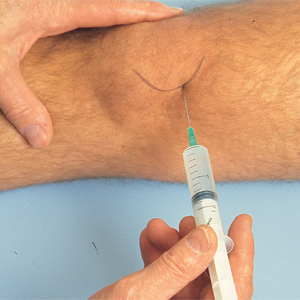
Joint injections or aspirations (taking fluid out of a joint) are performed in an OPD or hospital setting. Either joint fluid is obtained (aspirated) and used for appropriate laboratory testing or medications are injected into the joint space. Drainage of a large joint effusion can provide pain relief and improved mobility. For injections, corticosteroids (such as methylprednisolone and triamcinolone) frequently are used. They are given to treat inflammatory joint conditions, such as rheumatoid arthritis, psoriatic arthritis, gout, tendonitis, bursitis and osteoarthritis. Commonly injected joints include the knee, shoulder, ankle, elbow, wrist, base of the thumb, and small joints of the hands and feet.
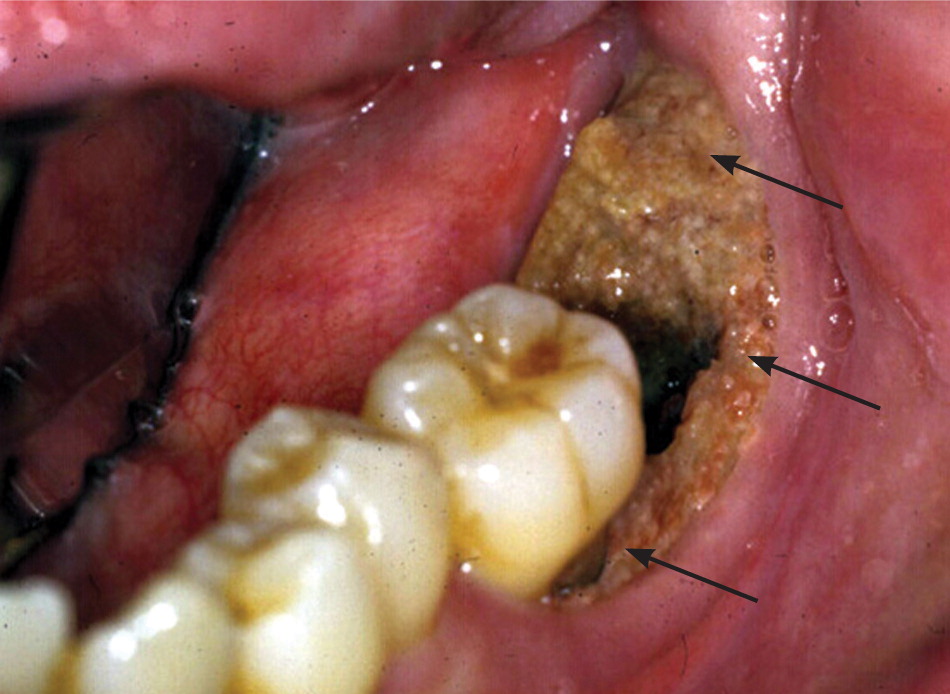
Bisphosphonates are a group of medicines used to treat bone disorders such as osteopenia, osteoporosis, Paget's disease, and metastatic bone disease. They help to prevent future bone fractures. The family of Bisphosphonates includes:
. Oral: Alendronate, Risedronate, Ibandronate and Etidronate - given either daily, weekly, or monthly
. Intravenous: Zoledronic acid - given once a year.
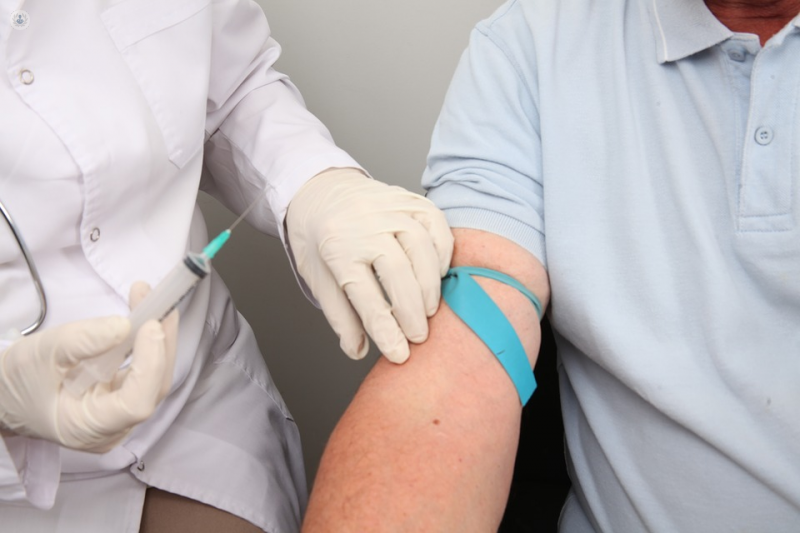
Teriparatide is used in post-menopausal woman and men who have osteoporosis and are at high risk for bone fractures. It is often used when other treatments fail or in severe forms of the disease. Teriparatide itself builds bone and is different from other forms of osteoporosis treatment, which prevent bone breakdown. It is given by subcutaneous injection daily for two years, via a pen-injector.

Physiotherapists help patients regain mobility, as far as possible. Physical therapy in conjunction with rheumatologists's advice helps immensely in rapid disease remission. Having to travel all the way to see a physiotherapist can often cause inconvenience to the patient and his or her loved ones. A dedicated & qualified physical therapist at your home enables convenience, provides personalized care and brings about a faster healing process. Available services are - active & passive exercises, joint mobilisations, heat & cryotherapy, wax bath, ultrasound therapy, interferential current therapy (IFT/IFC), transcutaneous electrical nerve stimulation (TENS), traction etc.